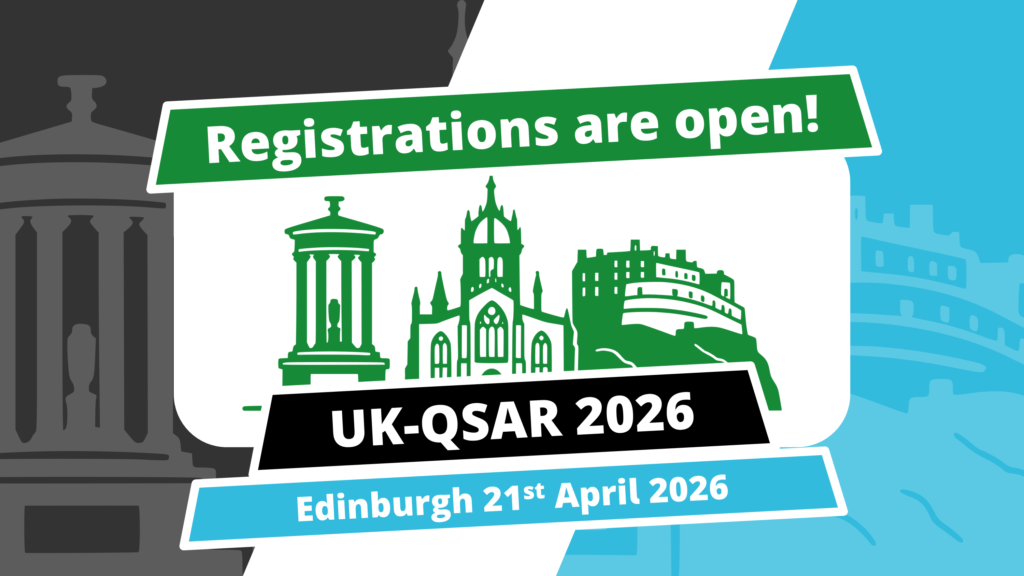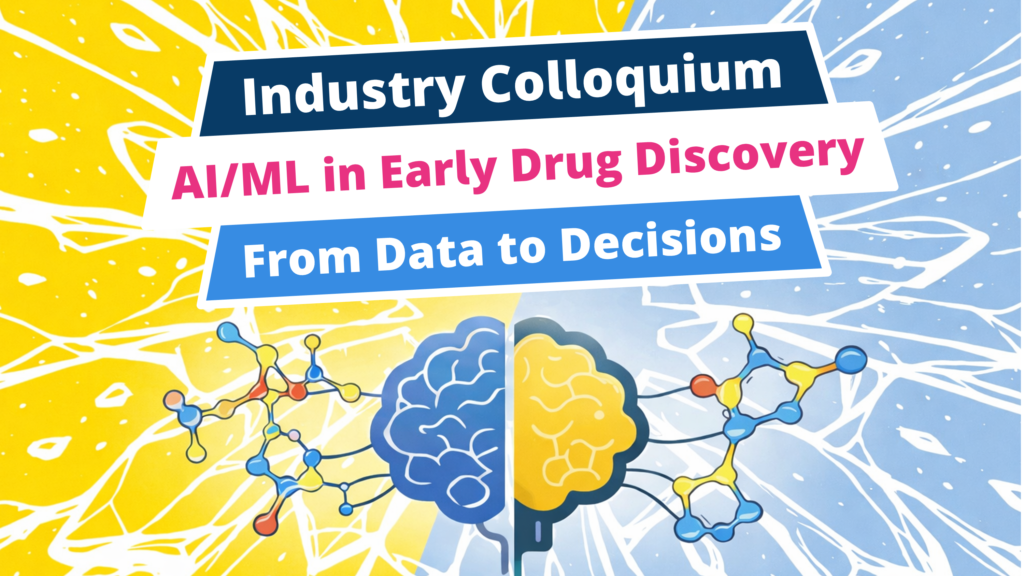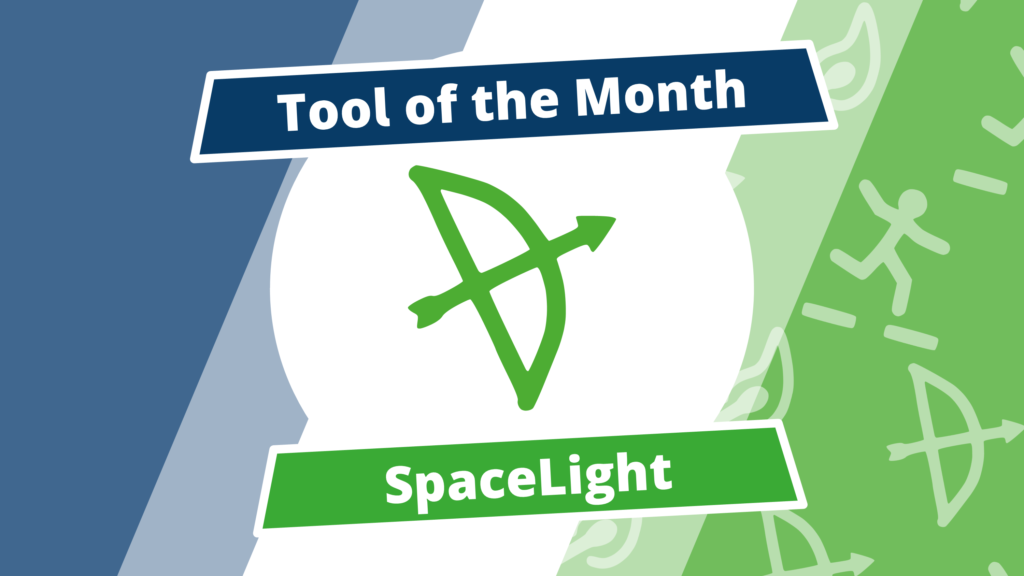Computational tools are invaluable in the process of identifying high-quality fragment hits. In this one hour BioSolveIT webinar you will learn how to fast-track your fragment hit discovery using our cutting edge in silico solutions using Protein Kinase B as an example.
By the end you will appreciate how our suite of SBDD tools can enrich your work life, enhance your productivity and assist in the identification of potent, selective and synthetically accessible lead-like molecules.
So, if you are interested in
- enriching your screening collection with potent and selective fragments
- intelligently selecting which commercially available analogs to purchase
- deciding which analogs to prioritize for synthesis
- saving time and money by focusing on the most promising ideas
watch the video live recording below.








